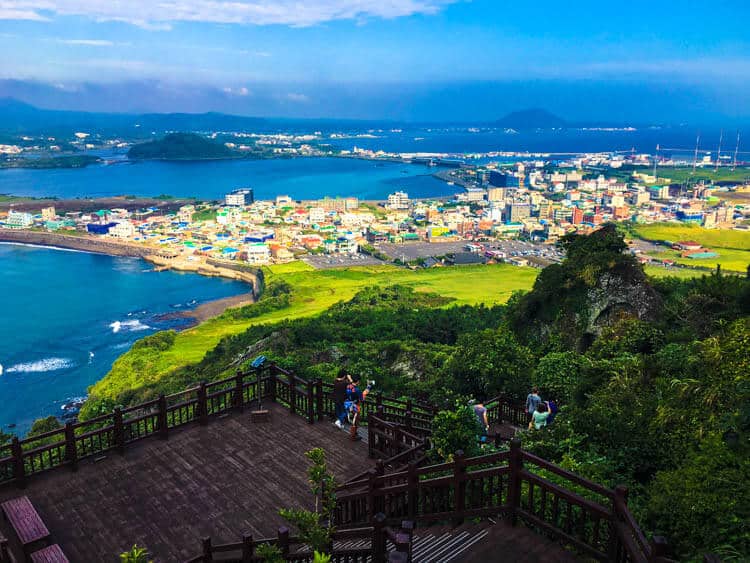Due to the soaring population in Jeju Island, social issues like surges in rental rates, congestion on roads are increasing.

Jeju Island is located in the southern province of Korea. This island is well-known for its beach resorts and a volcanic landscape of craters and caves like lava tubes.
According to the Minister of Interior and Safety, the population of Jeju Island is around 7,00,083. And this surge has been noticed since 2020.
The statistical reports of Korea state that 96.9 percent of the nationals contribute to the population. whereas foreign nationals contribute only 3 percent of the island’s population.
Migration plays a key role in the soaring population. The new educational policy attracts many people from the cities to migrate to the island.
Though the soaring population helps the government to increase the economy, it is affecting the public by increasing social issues such as surges in rental rates, congestion on roads, and creating an imbalance in society.
Data published by the Bank of Korea reported that the average net worth of a household in Jeju was 491.5 million won ($348,850), which is the second highest among cities.
Income inequality exists because 10% of the wealthy own 14.4 times more than 40% of the poor.
Rather than social issues, Jeju Island is witnessing major environmental issues like waste depletion, congestion on roads, etc.
Depletion of waste has increased by 50.6 percent. From that, the tourism industry alone incorporates 40 percent of the island’s waste.
People in Jeju Island are profoundly fond of cars. The average registration of cars has reached 6,76,710. which in turn results in the congestion of roads.
The Governor of Jeju Island, Young-hun, said that certain policies will be imposed to control the social and environmental issues.
Despite the fact that Jeju Island has a soaring population, which has a positive impact on the brand value, there are several social and economic issues facing the people.













